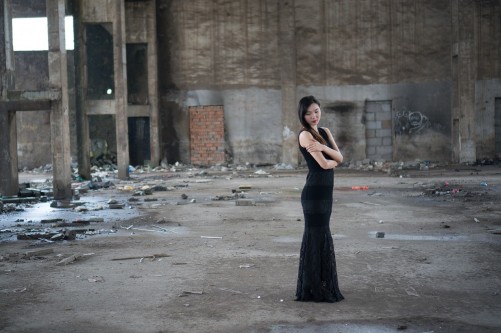Tag: research-led
How domestic labour is dangerous
Jackie Gulland examines the gendered history of social security policy including the dangers in recognising–or not–caring duties & domestic tasks as work.
Continue reading
Prostitution in nineteenth century Britain
Using creative and academic voices, historian Lesley Hulonce examines how prostitutes in Victorian Britain were regarded as dangerous and often treated with terrible callousness by authorities.
Continue reading
‘Educated, attractive, charming when she wishes’.
Ros Parr takes a look back to the mid-twentieth century at the height of the career of Indian anti-colonial activist Viyaja Lakshmi Pandit.
Continue reading
Glenda Norquay explores how Scottish novelist Annie S. Swan was viewed by many as a dangerous woman by writing sentimental fiction that evoked a way of life and set of values increasingly outmoded in the modern world.
Continue reading
Adrienne Gerhäuser, Corinna Kawaters and the ‘Red Zora’
Katharina Karcher delves into the history of Red Zora, a German feminist group that claimed responsibility for forty-five arson attacks and bombings between the 1970s & 1990s.
Continue reading
Rosemary Harris gives us a research-led creative take on the activism of Rosa May Billinghurst, a suffragette who would let nothing get in her way, including her own disability.
Continue reading
Liz Campbell explores the changing legal landscape for women participating in, or as accessories to, organised crime in the UK and Scotland.
Continue reading
Powerful then, dangerous now?
What makes a woman dangerous 1000 years after her death? Marianne Moen takes a feminist approach to the archaeology of the Viking Age.
Continue reading
An Interrogating Dangerous Voice
Megha Katoria examines the life and work of Ismat Chughtai, a courageous and outspoken writer of Urdu literature deserving of the ‘dangerous woman’ title.
Continue reading




















